Libin Cardiovascular Institute
Over 20 Years of Excellence in Cardiovascular Research, Patient Care and Education

Message from the Director
On Jan. 27, 2004, a ground-breaking event forever changed the face of cardiac care in Calgary. An official Memorandum of Understanding was signed by the Alvin & Mona Libin Foundation, Calgary Health Region and the University of Calgary, establishing the Libin Cardiovascular Institute. The Foundation committed $15 million to establish the Libin Institute, the first health institute at U Calgary’s Cumming School of Medicine.
Honouring Our Past, Celebrating Our Present, Shaping Our Future
We are excited to share the story of the Institute’s past, present and future in this short video. We are truly grateful to Alvin and Mona Libin, our founding donors, whose generosity has sparked a wave of support for the Libin Cardiovascular Institute. These donations have been critical in enabling the exciting cardiovascular research, care innovations and education that have been improving patient outcomes for the past two decades.
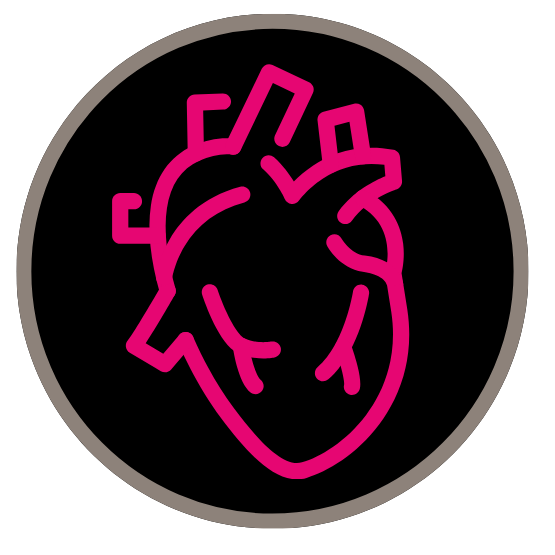
Institute at the forefront of aortic care and innovation
The aorta, the body's largest blood vessel, plays a crucial role in maintaining cardiovascular health. When issues arise, such as the development of aneurysms, specialized care becomes imperative. Experts at the Libin Cardiovascular Institute provide innovative clinical aortic care and are the forefront of research aimed at improving patient outcomes. Continue reading to learn about how the Institute is revolutionizing aortic care through collaborations and commitment to excellence.
Elevating Global Heart Health
Members of the Libin Cardiovascular Institute are not only experts in cardiovascular care, but many also have a profound dedication to making a positive impact around the world. Time and again, Libin members give freely of their time and talents to improve access to life-saving care. The following stories of compassion, collaboration and commitment reflect the heart of the Libin Institute, which is made up of individuals who are passionate about optimizing cardiovascular outcomes for patients.
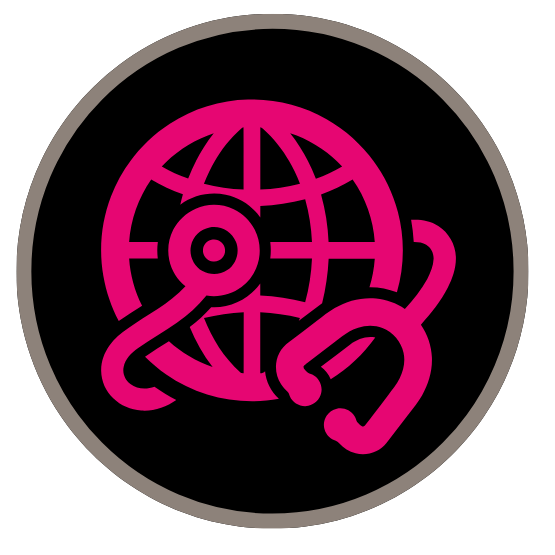
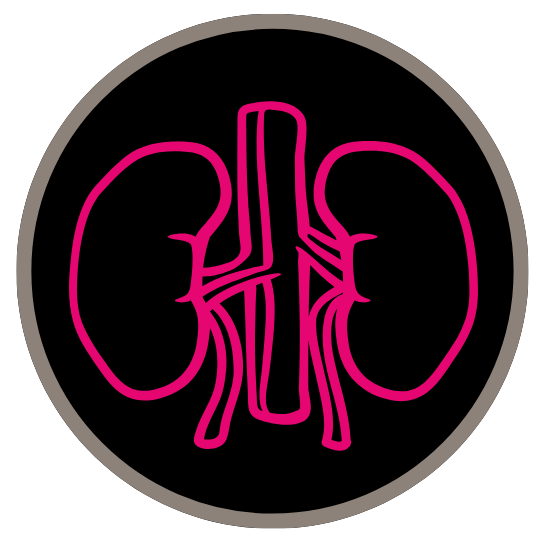
Unlocking the future of kidney and cardiovascular care
The kidneys are a critical part of the cardiovascular system that are responsible for filtering the waste and excess water out of the blood. They also control blood pressure and other aspect of vascular function. Cardiovascular disease and kidney disease are closely linked, with cardiovascular disease increasing the risk of kidney disease and vice versa. Individuals with chronic kidney disease (CKD) are 10 to thirty times more likely to develop heart disease, and the No. 1 cause of death for people living with CKD is cardiovascular disease.
P2 Initiative focused on finding solutions for real-world problems
The Libin Cardiovascular Institute (LCI) is dedicated to improving health in the local community and beyond through health promotion, community outreach, by raising awareness about cardiovascular risk factors and through research that matters to patients and their families. Engaging patients and communities to help identify, study and address the challenges impacting health is a key to finding solutions to problems that have a real impact on our patients.
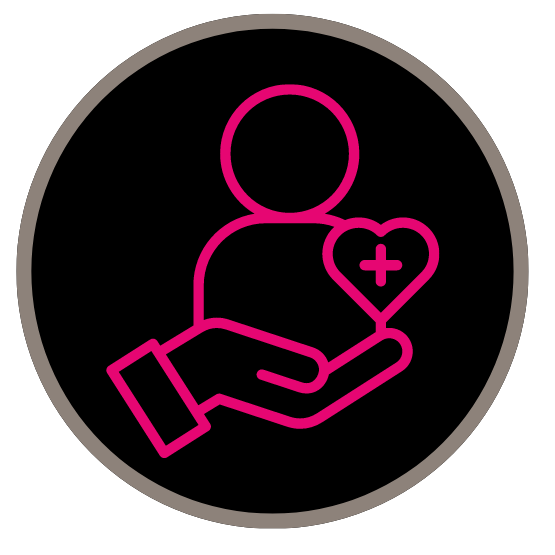
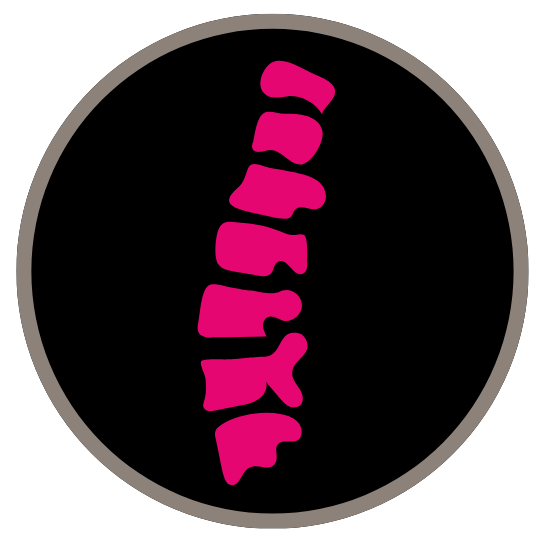
RESTORE Network promises brighter future
Many people don’t realize that the main complaint of individuals with spinal cord injury (SCI) is the impact on their cardiovascular system, not the loss of mobility. SCI impacts the body’s ability to maintain blood pressure and flow, often resulting in symptoms like dizziness, nausea and even fainting. In addition to the life-altering symptoms, cardiovascular disease is a leading cause of death in this population.
Institute leads the way in patient-centred research
The Libin Cardiovascular Institute stands as a beacon for patient-centered research, a dynamic field where the voice of patients plays a pivotal role in steering the course of investigations and breakthroughs.
By finding innovative ways to link data with patient voices and preferences, our researchers are helping solve challenges that really matter to patients and their families. This kind of research is a win for everyone: patients have better experiences, clinicians can provide the best care possible, and researchers have the satisfaction of knowing their work is filling a gap and making a difference.


Stephenson Cardiac Imaging Centre a world leader in research
The Stephenson Cardiac Imaging Centre is a global leader in cardiovascular diagnostic imaging, clinical research, and education. The centre was founded in 2005 at the Foothills Medical Centre with the generous support of Calgary businessman, philanthropist, and cardiac patient Ken Stephenson.
The Stephenson Centre began operations under the direction of world-class imaging scientist Dr. Matthias Friedrich, MD, a cardiologist and cardiac imaging specialist recruited from Germany. This program was the first of its kind in Canada and established Cardiac MRI as an important pillar of cardiac care in Southern Alberta.
Shaping the future of women’s cardiovascular care
Traditionally, women have been under-represented in research studies, so despite their unique differences there is a gap in understanding how women’s unique experiences, such as pregnancy and menopause, impact their cardiovascular health.
The Libin Institute developed the Women’s Cardiovascular Health Initiative (WCHI) to address the historical gap in women’s cardiovascular research.


Training tomorrow's leaders in cardiovascular research and care
One of the Libin Cardiovascular Institute's most important mandates is to train the next generation of cardiovascular leaders. The Institute offers two streams: specialist training for physicians looking to work in the cardiac world, and graduate-level training for students looking for a career in science. It attracts individuals from around the world who are eager to train with the Libin’s world-class members.
“One of the strengths of the program is the quality of the people,” says Dr. Satish Raj, MD, the Libin Institute’s director of education.
Revolutionizing heart failure prevention and management
Heart failure is a serious condition that impacts more than 600,000 Canadians. One in five Canadians will be diagnosed with the condition in their lifetime, and as a result, will have numerous symptoms, such as extreme fatigue, weakness, shortness of breath, swelling and a reduced ability to exercise. Half of all heart failure patients will die within five years of their diagnosis.
“It accounts for a huge and increasing burden of cost, disability and death,” says Dr. Jonathan Howlett, a physician-researcher focused on heart failure.


APPROACH: Turning data into better patient care
The APPROACH (Alberta Provincial Project for Outcome Assessment in Coronary Heart Disease) cardiac registry is widely recognized as having helped shape cardiac research in Alberta and beyond. Launched in 1995 by cardiologist and researcher Dr. Merril Knudtson, MD, the registry has collected information on more than 300,000 Albertans who have undergone cardiac procedures in Alberta. Nearly three decades later, the registry continues to deliver on its original vision of improving care and transforming outcomes for Albertans with heart disease with cutting-edge precision medicine projects that promise a better future for patients.
Getting patients back to their regular life sooner
The Libin Cardiovascular Institute’s Cardiac Intensive Care Unit (CICU) team have historically been early adopters of techniques and systems that enhance recovery after surgery. Dr. Ken Parhar, MD, the director of Cardiac Clinical Care, says the Calgary team is unique because, unlike other surgical centres, the nine physicians that cover the CICU are highly specialized to treat patients after surgery, with training in life-saving techniques like ECMO (extracorporeal membrane oxygenation), an advanced therapy used to do the work of the heart and lungs when a patient's organs are too weak to work on their own.


Calgary experts transforming atrial fibrillation care
Atrial fibrillation is the most common form of irregular heartbeat, or arrhythmia, impacting as many as a million Canadians. It’s a chronic, progressive condition that causes symptoms like heart palpitations, light-headedness, extreme fatigue and shortness of breath. Atrial fibrillation (AF) is also linked with serious problems like blood clots, stroke, sudden cardiac death and heart failure.
Leading in autonomic disorder research
Disturbances in the autonomic system can lead to a wide variety of issues, including irregular heartbeat, and an inability to maintain proper blood flow and pressure. Autonomic conditions can be devastating to quality of life, with symptoms that could include light-headedness, sudden loss of consciousness (syncope), fainting upon standing, debilitating brain fog and nausea, among others.
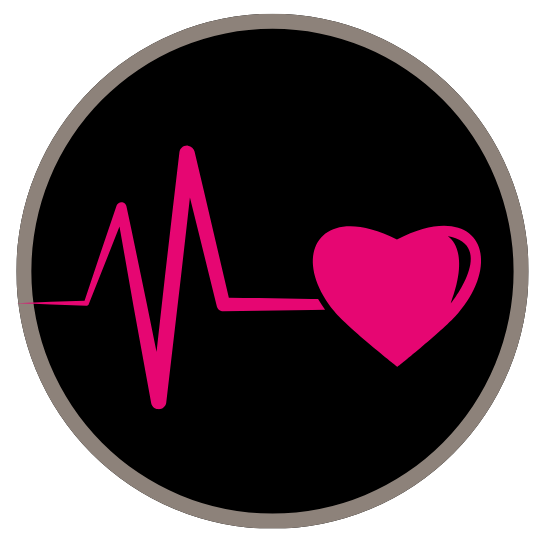

Pioneering life-saving cardiac arrhythmia research
Cardiac arrhythmias, or problems of the heartbeat, impact quality of life, and are linked to sudden cardiac arrest, which can be fatal. An estimated 35,000 Canadians experience sudden cardiac arrest each year and fewer than 10 per cent of these people survive.
Institute a national cardiac surgery powerhouse
The Libin Institute has established itself as a cardiac surgery centre of excellence nationally and internationally. Performing 1,800 operations annually, the Division of Cardiac Surgery is not only a leader in minimally invasive and complex aortic procedures, but it also boasts the largest surgical residency program in Canada. Researchers within the division continue to put Calgary on the map with their discoveries, enhancements and collaborations that all lead to better patient outcomes.

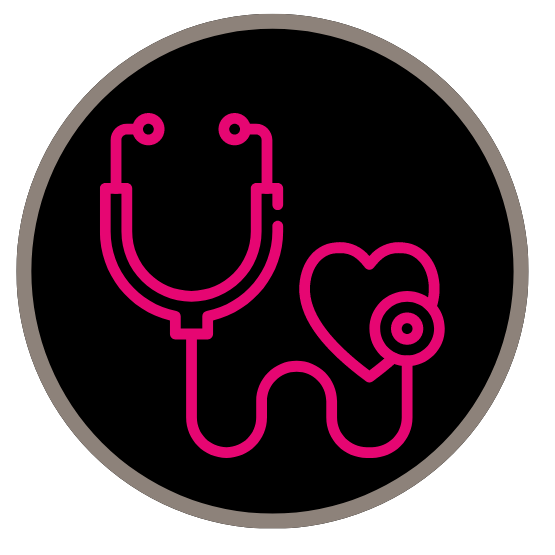
Easing transition from pediatric to adult cardiac care
Between eight and 10 of every 1,000 children in Alberta are born with a congenital heart abnormality. MContinue Reading...anagement of these heart conditions – which impact the structure and function of the heart – has vastly improved over the last few decades. This has resulted in a significant increase in the number of children surviving to adulthood (from less than 50 per cent in the early 1960s to between 90-95 per cent today).
Navigating the unseen: Libin Institute responds to COVID-19
Like the rest of the world, the Libin Cardiovascular Institute was deeply impacted by the COVID-19 pandemic. Our members embraced the challenges, pushing through uncertainty and putting patient care first. Several Institute members undertook critical research to better understand and address the complex issues brought on by the pandemic.
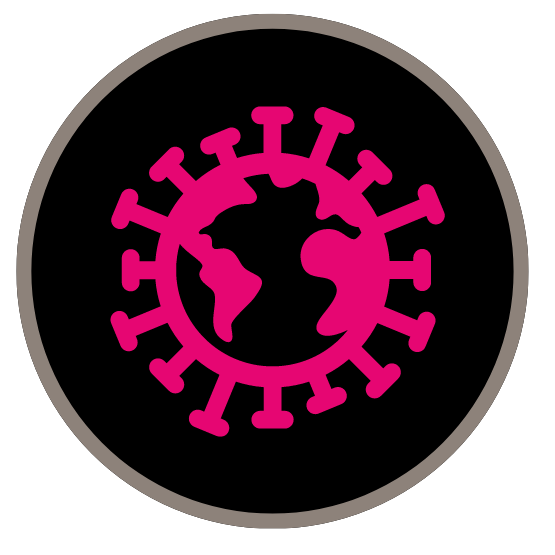
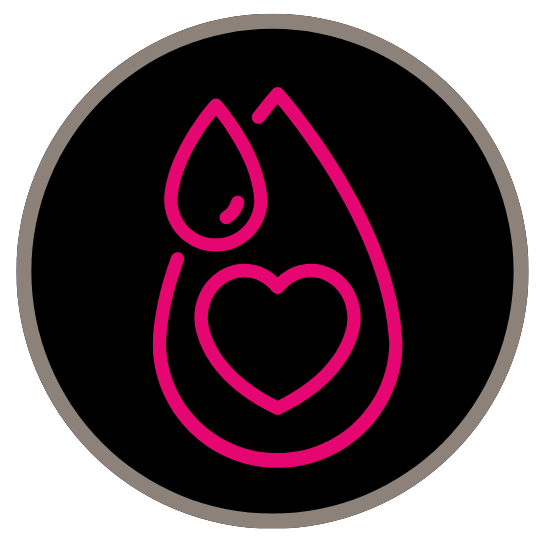
Leading the way in diabetes research
Diabetes is a serious condition that is linked to high blood pressure, narrowing of the arteries, heart disease and stroke. According to the Heart & Stroke Foundation, people with diabetes are three times more likely to die of heart disease. Diabetes is on the rise in Alberta. In fact, a population-based study, published in the Lancet – Public Health, revealed that almost 25 per cent of Albertans ages 40 and older have prediabetes or diabetes. Read more...
